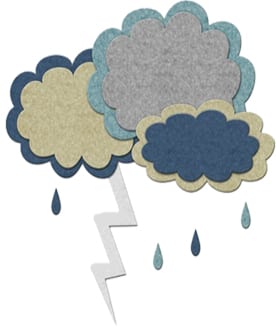Do you want to get a better understanding of your finances? Do you want to pay down or off your debt? Do you want your teens to better understand how money works?
Start off 2020 with a better understanding on your finances and what to do next. 
Here are some workshops I am doing in the coming months at Norwalk Community College. Register now to join me and learn about personal finances and get your questions answered.
For my schedule at Norwalk Community College and information on how to register,

 good or exceptional, did someone go out of there way and do something extra?
good or exceptional, did someone go out of there way and do something extra? With the holidays fat approaching and family gatherings, now is the time to assess your life.
With the holidays fat approaching and family gatherings, now is the time to assess your life.
 To start, you need to do some brainstorming.
To start, you need to do some brainstorming. Because, if you don’t have a savings account to fall back on, you’ll be back in debt the next time you’re blindsided by an unexpected repair or medical bill. Life happens. If you don’t have money in the bank, how will you pay for the surprises it brings? With a credit card or a loan? It’s a bad habit, and it’s better to start breaking it now rather than later.
Because, if you don’t have a savings account to fall back on, you’ll be back in debt the next time you’re blindsided by an unexpected repair or medical bill. Life happens. If you don’t have money in the bank, how will you pay for the surprises it brings? With a credit card or a loan? It’s a bad habit, and it’s better to start breaking it now rather than later. One way to “find” money is by plugging the leaks in your spending. You’ll take back that wasted cash and put it where it can do some good. To do this, you need to know where your money is going, and that means tracking your spending. For more information on how to do this,
One way to “find” money is by plugging the leaks in your spending. You’ll take back that wasted cash and put it where it can do some good. To do this, you need to know where your money is going, and that means tracking your spending. For more information on how to do this, 
 Now total the columns.
Now total the columns.